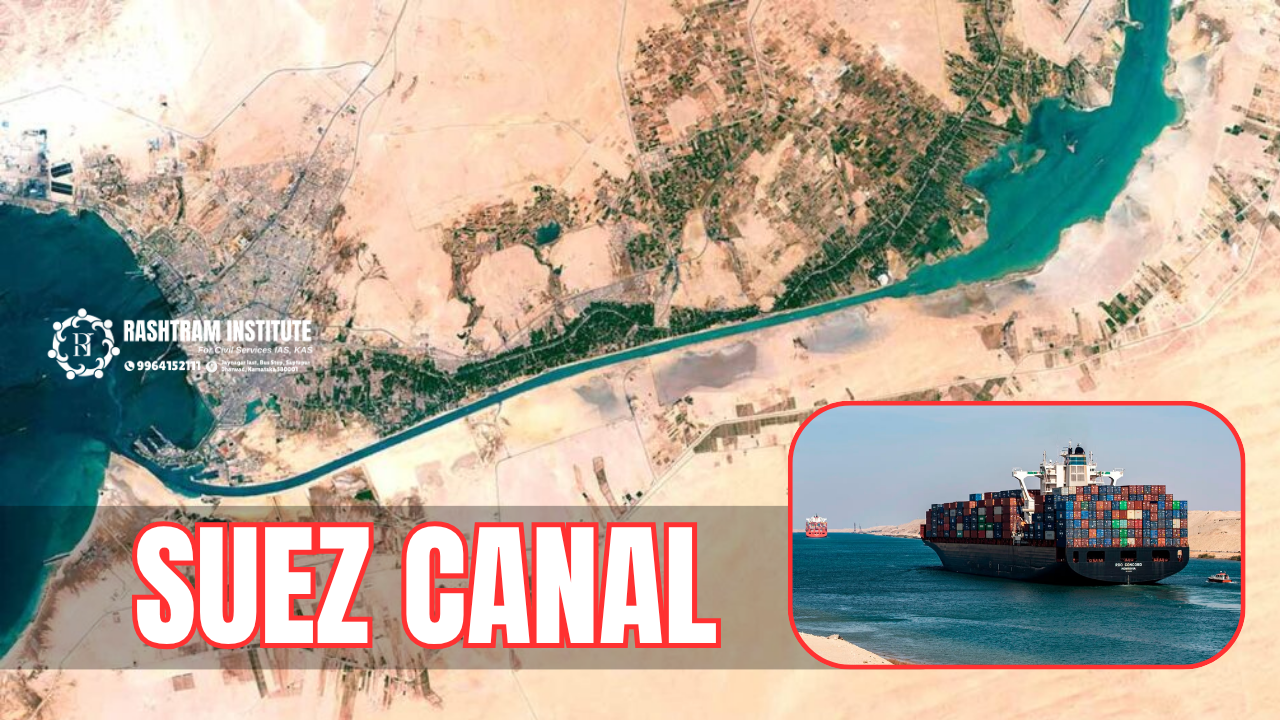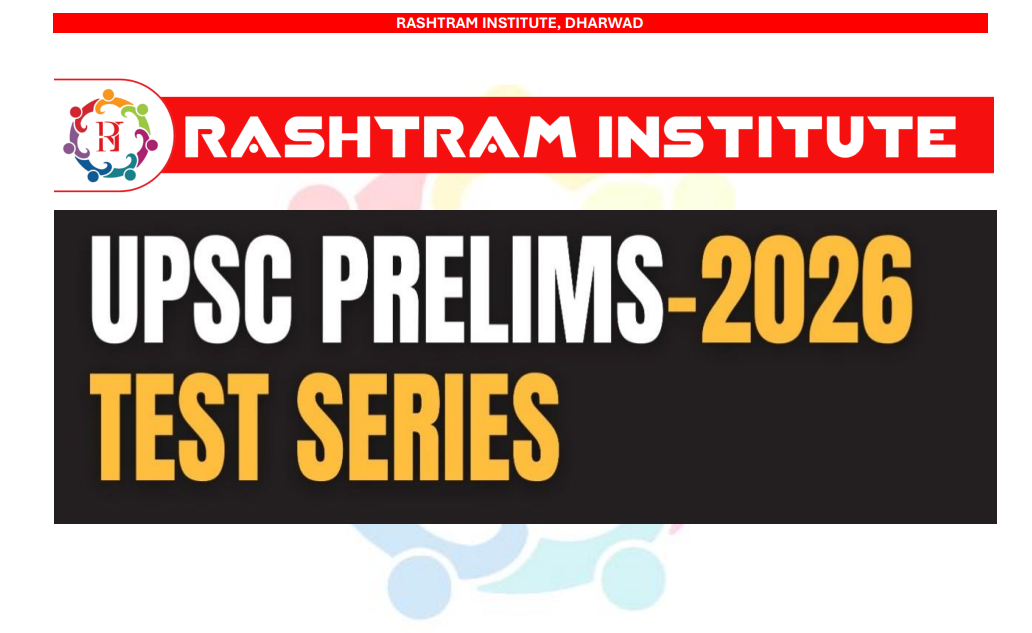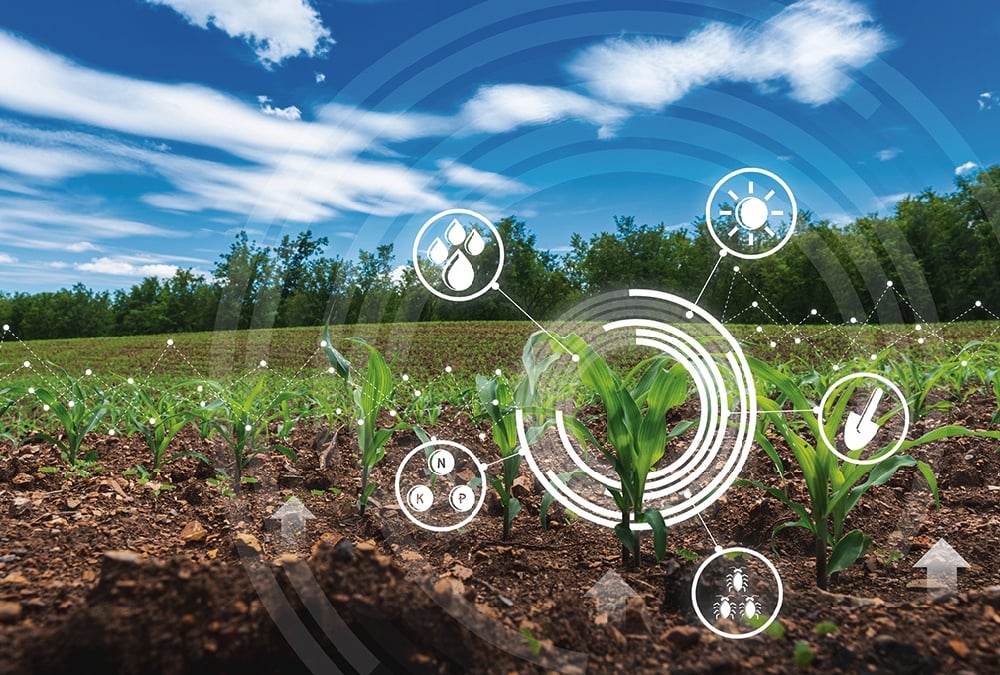SUEZ CANAL
The Suez Canal is an artificial sea-level waterway running north–south across Egypt’s Isthmus of Suez. It is a vital international shipping route, connecting the Mediterranean Sea to the Indian Ocean via the city of Suez on the Red Sea.
- The canal connects Port Said on the Mediterranean Sea to the Indian Ocean via the Egyptian city of Suez on the Red Sea.
- It serves as a crucial international shipping route, allowing vessels to navigate between Europe and Asia without having to circumnavigate the African continent.
- It is one of the world’s most heavily used shipping lanes, carrying over 12% of world trade by volume.
- It provides a crucial link for oil, natural gas and cargo being shipped from East to West.
History:
- The idea of constructing a canal across the Isthmus of Suez dates back to ancient times. It was during the nineteenth century that significant efforts were made.
- Constructed by the Suez Canal Company, led by French diplomat Ferdinand de Lesseps.
- Opened in 1869.
- Originally under joint British-French control; nationalized by Egypt in 1956 under President Gamal Abdel Nasser—leading to the Suez Crisis.
Importance:
- Strategic Trade Route: Allows ships to avoid the long route around the Cape of Good Hope.
- For International trade: The canal carries – 12% of world trade, 7% of world’s oil, 30% container – ship daily.
- Reduces travel time between Europe and South Asia/East Asia by about 7,000 km.
- Source of revenue to Egypt: It is a major source of revenue for Egypt. The revenue from the canal in 2022 reached $8 billion.
- Energy Security: The canal’s location makes it a key link for shipping crude oil and other hydrocarbons from countries such as Saudi Arabia to Europe and North America.
Importance for India:
- Indian trade worth $200 billion to/from North America, South America and Europe is carried out using this route.
- It enables the Indian Navy to project its presence in the region and participate in global naval operations. This highlights its strategic importance for India.
Challenges:
- Navigational Bottlenecks and Blockages: The canal is narrow in certain stretches, especially the older sections.
- Geopolitical Tensions: for example, Israel-Palestine war, Arab-Israeli wars.
- Security Threats: region is vulnerable to terrorist attacks, sabotage, military blockades (Houthi attacks)
- Climate Change and Rising Sea Levels: Rising temperatures and water salinity can affect canal operations and nearby ecosystems. Potential sea-level rise could lead to coastal erosion or impact canal infrastructure over time.
Rashtram Institute
Rashtram Institute for Civil Services is destined to provide you the best curated content for civil services examination on both mains and prelims perspective. Follow us for more such content….
To register, call: 9964152111
Seats are filling fast — register today and step into the exam hall with full confidence!
Address: Jaynagar last, Bus Stop, Saptapur, Dharwad, Karnataka 580001





